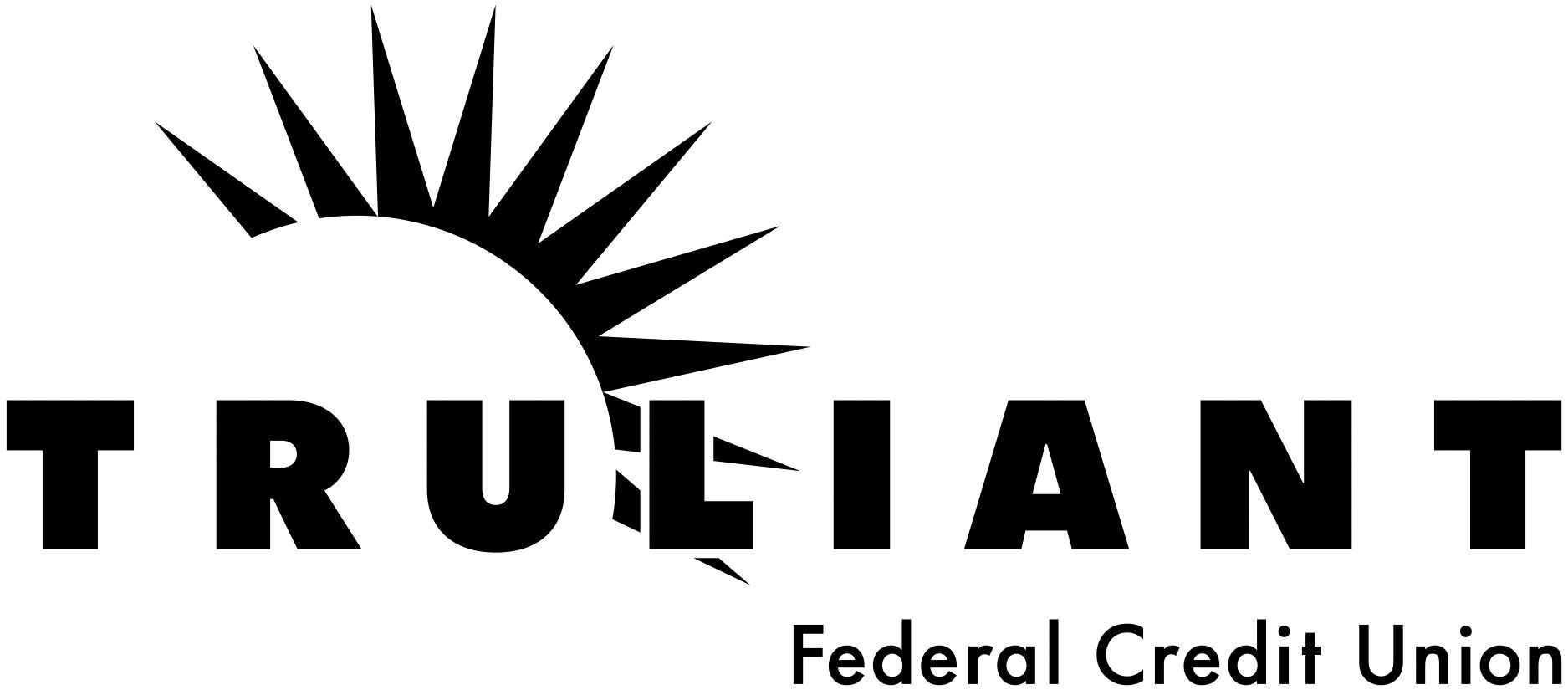What's The Difference Between a Credit Score and FICO Score?

How Credit and FICO Scores Work
Chances are you've heard how important obtaining or maintaining a good credit score is.Countless advertisements warn us of the dangers of having bad credit, but very few explain the different credit scoring systems. A key piece of financial literacy is understanding how multiple credit bureaus keep track of your score, your rights regarding your credit score under federal and state laws, and how FICO differs from traditional credit scoring. We'll take a look at the ideal credit score ranges for each bureau including FICO, we’ll review the most critical factors of getting a great credit score, and finally we'll look at key differences between the Fair Isaac Corporation (FICO) score and traditional credit bureau score.
While there are different scoring systems used by lenders, note that good credit is good credit. While scores will fluctuate and are weighted differently, good habits will keep those scores up across the board.
The Three Bureaus and FICO
When it comes to credit scores, there are three bureaus that track your credit history. These are Experian, TransUnion, and Equifax – and your score at each one of these bureaus is completely independent of your score from others. For example, an apartment manager who checks your credit may only look at Experian while a credit card company might only look at TransUnion.
FICO was developed as an alternative to these bureaus. Many lenders prefer FICO because it paints a more holistic picture of the potential borrower. For example, FICO looks at a longer financial history, allows for mitigation due to extenuating medical circumstances, and is generally more flexible.
Scoring
Experian
Experian has a range of scores from 360 to 840. It's considered to be one of the more balanced bureaus since it assigns weight fairly evenly across the standard risk categories.
TransUnion
TransUnion ranges from a low of 300 to a high of 850. This is one of the least forgiving bureaus because much more weight is assigned to your payment history and the average age of your credit accounts. It's also the least friendly to those just starting out building credit.
Equifax
Equifax scores range from 280 to 850. Similarly to Experian, these scores are fairly balanced. However, the bureau is slightly less forgiving to those who apply for many credit accounts as well as new borrowers.
FICO
FICO scoring is more holistic, which allows more Americans to qualify for loans and mortgages than most traditional bureaus' scores. Scores range from 300 to 850. We'll discuss how the FICO scoring model is radically different below.
Getting the Best Credit Score
According to Credit Sesame, there are five categories evaluated by the three bureaus: payment history, credit utilization, credit age, diversity of credit, and the number of "hard" inquiries. In general, you should try to keep your credit utilization below 30% of what's available to you. This demonstrates that you have self-restraint, and it's a good sign to lenders. Your payment history is assigned the most weight by every bureau, as well as FICO, because it's direct proof that you either meet or don't meet your repayment obligations. Diversity of credit means that you've had various types of credit, such as revolving lines of credit, credit cards, mortgages, car loans, and more. This is usually assigned less weight. "Credit age," unfortunately, can only be increased over time as you build a positive credit history.
The FICO Difference
If you're looking to get a good FICO score, there are some unique factors to take into account. My FICO breaks down the five categories and the weights FICO assigns them. The scoring model considers payment history (35%), amounts owed (30%), newly formed accounts (10%), credit history and age (15%), and diversity of credit (10%). This transparent model makes it easy to have a great FICO score. Essentially, once you get your first credit card, simply ensure you meet the minimum payment requirements each and every month. This, along with sticking to the 30% utilization rule, already covers 65% of your score. The other 35% is obtained simply by going through life and using different forms of loans and receiving varying amounts of credit. Either way, about two-thirds of Americans already qualify for a "good" or better FICO score.
FICO Transparency
Unlike the traditional bureaus, FICO scores are free to check for borrowers. That means you can always see your current FICO score to understand if you're on the right track. Although there's no guarantee every lender will use FICO, more lenders are beginning to adopt it.
Your Rights Under the Law
While the three major bureaus will charge you to see your credit score, your full credit reports are available to you free of charge annually, as mandated by federal law. To maintain financial health, it's vital to take advantage of this. Rather than paying additional money to check your credit, just get the full report from all three bureaus at once. This will show all new accounts and inquiries from every bureau and is one of the best ways to detect identity theft. Most states have adopted similar laws that require bureaus to give consumers full reports, so you'll need to look up the procedure to do so in your state.
Credit Scores vs. FICO
In short, FICO is more transparent than the three credit bureaus and, most times, the least costly for all parties involved. However, reports from the three credit bureaus are vital to monitor your progress on your journey to that ideal credit score so that you can get the best loan rates and credit cards.
Truliant offers a no-cost credit review where we’ll review your score, your report and identify ways to save and ways to improve. This service is a great way to learn what’s impacting your financial health and there’s absolutely no obligation. Plus, it’s free. Contact us today to get started.
Sources:
https://www.creditsesame.com/blog/credit-score/credit-score-range-for-experian-transunion-equifax/
https://www.myfico.com/credit-education/whats-in-your-credit-score






